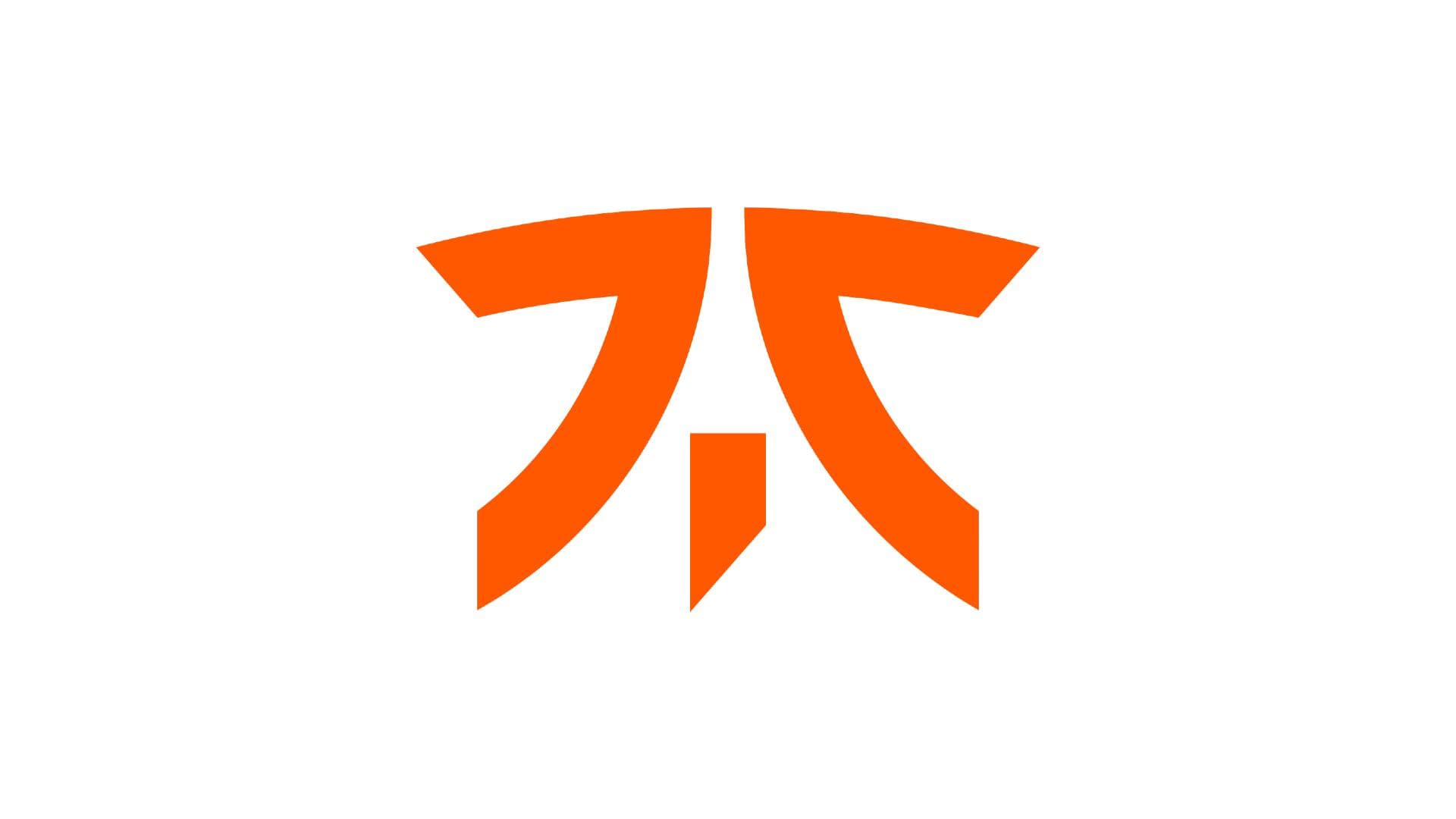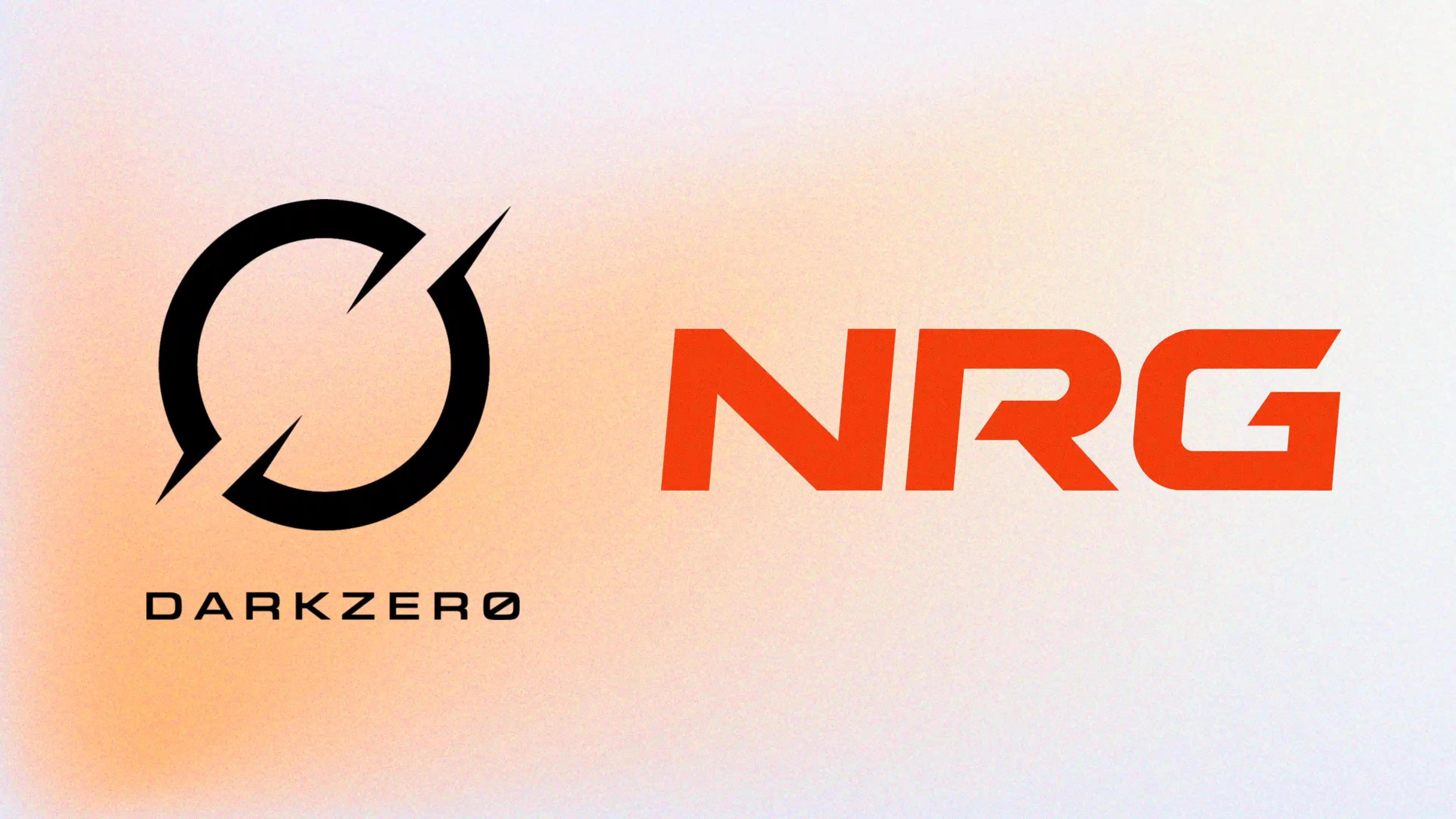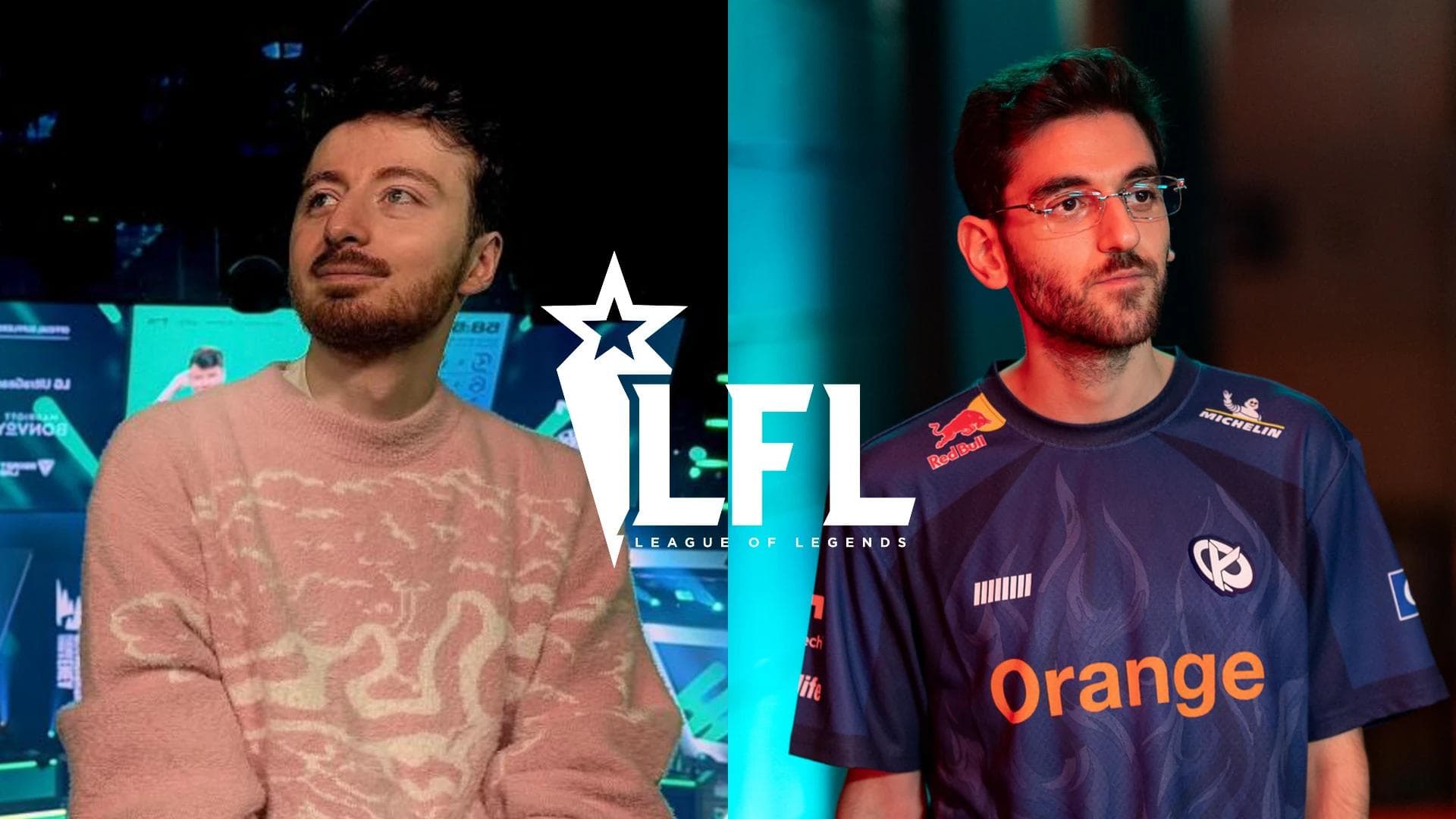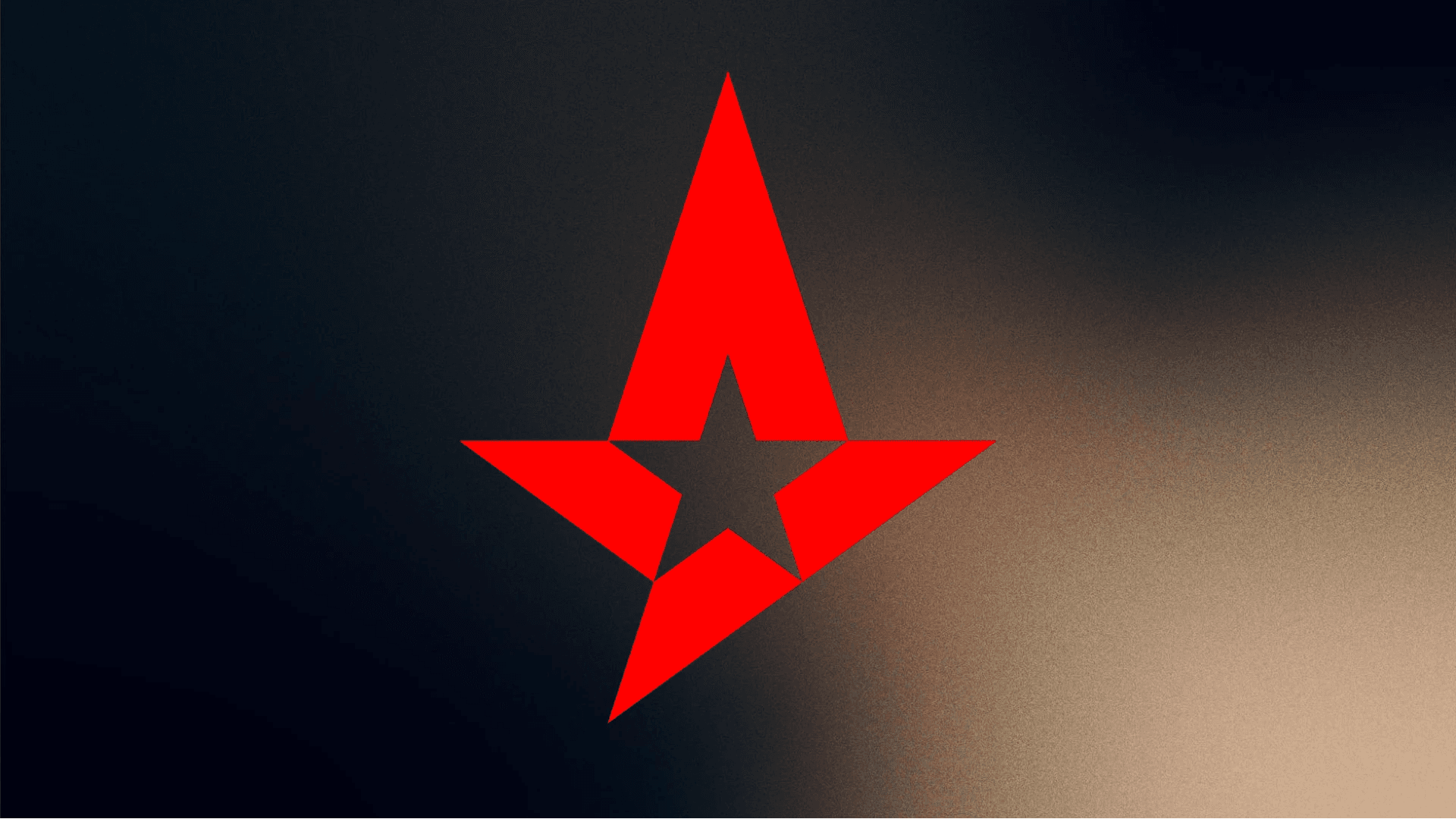The Evolution of Player Agencies in Esports: An Industry in the Midst of Change
At the heart of the transfer market are the player agencies, the entities that shape careers and negotiate contracts within a constantly evolving ecosystem. This article looks at the current state of these agencies, illustrated by two French success stories: Prodigy Agency, a world leader in its field, and Tailors, their primary rival. Let's explore their challenges and opportunities with an unprecedented look at their financial state.
The workings of an esports agency are relatively easy to understand and are based on the main principles of traditional sports agencies. The agency acts as the player's "representative" to the parties involved (brands, clubs, etc.) and, for a fee of between 5% and 12% of annual salary (depending on the offer), negotiates and concludes contracts on the player's behalf. The agent must possess several multidisciplinary skills, particularly in the legal, tax, and management fields.
Launch
It all starts with a company called Macivity. The name probably doesn't ring a bell, but Macivity was established in Asia in early 2020 by Jérôme Coupez.
Now, that might seem familiar, and we are talking about the founder of Prodigy Agency, the world's number 1 esports player agency. So why Macivity and why in Asia? Probably because Asia is a strong and pioneering place for esports, and after a career in traditional sport (notably in Formula 1), Jérôme Coupez was Head of Marketing for one of the biggest esports companies in Asia, Mineski, and was living there when he decided to create the agency that was already operating under the public name of Prodigy Agency".
Yet, unless you're the son of someone influential, wealthy, or both, you need funds to grow to set up a company, particularly an esports agency. Having invested most of their assets, Jérôme Coupez and his co-founder and partner Manon Lagarrigue are thinking bigger and bigger, but they need additional funding to fuel their ambitions. To accelerate his development, he reached an agreement with an investment fund, and not just any, since he managed to convince Trust Esport (Trust Esport is a French private equity fund that has financed companies such as Toornament and EVA as growth accelerators) to invest €1 million in his project in exchange for 25% of his stake to them in the process. One of the investment conditions was that the company should be established in Europe, so the company relocated to France, opened its premises, and recruited its first employees.
In contrast with that creation, Tailors was born in the early days of the profession in 2017, and Nathan Laprade tells us its story:
"Our aim was to support players who had access to limited information on their contracts and financial and legal possibilities [...] we had identified needs among some of our acquaintances who became our first players, such as Nisqy and Hans (Sama), supported by an employee status at Webedia while we made our entrepreneurial transition."
Initially employed by Webedia, the entrepreneurial launch took place after the group had decided not to launch a players' agency branch. For Cyril Bergès, Nathan Laprade, and Raphael Luque, the three founders, the transition from employee-supporting influencers to real players' partners, particularly on the League of Legends scene, is occurring.
Different Business Models
At Prodigy, Jérôme Coupez is thinking big. He intends to become the leader in his sector and open up to all games with an esports scene. To achieve this, he will develop a range of services beyond what has existed until now. Marketing development, psychological support, mental coaches, lawyers, and accountants will all be available if you opt for the Prodigy Agency complete package.
For Tailors, the watchword is "recommending expertise", offering advanced contractual and legal support. Nathan describes his model as a partnership with players where related services are delegated to chosen and qualified service providers.
"Since the beginning, we have always tried to provide our talents with quality representation, which is proactive but without being a catalog sale for clubs, in return for 7%".
When asked about the possibility of insourcing other 'services' like his competitor, the founder says that he works by connecting people with players when they have needs, without any financial remuneration, and that he has been giving his players the benefit of his network of service providers through specialized actors for several years.
Now, let's look at the figures for these two entities.
Prodigy Agency, figures in K€ ex-tax
The results presented by Prodigy are astounding. Although the company's first year of operation was a loss of €395,000, it tripled its turnover in the space of two years and almost broke even at the end of 2022, with an EBITDA of €5k.
The French agency's operating model is intended to be unique. It primarily aims to grow its activities through massive investments, which are carried out through the development of a complete offer, allowing it to multiply revenues.
Of the €4 million (rounded) in turnover achieved in 2022, around €1.000.000 comes from player contract commissions, with the rest coming from sponsors, marketing operations, YouTube monetization, TikTok, etc. These are real growth drivers for commissions, enabling Prodigy to multiply their income by four and enhance the value of their diversification model while at the same time limiting the risk of income fluctuations when salaries in esports fall.
Regarding forecasts, Jérôme Coupez says he has continued to invest heavily in 2023, with the result barely breaking even. However, estimates for 2024 confirm the company's momentum, with sales estimated to be around €8,000,000.
The pillars of Prodigy Agency's services are establishing branding for players through social media and providing individualized support for players (on a personal, professional, and legal level).
This unique service has an implementation cost for the company, which translates into numerous recruitments (20 collaborators in France and a dozen abroad (USA, Canada, Brazil, Turkey, Germany, United Kingdom, Spain...), operating premises equipped to receive boot camps alongside the agency's collaborators.
To amortize these investments, 10% of the players' salaries under contract are used as remuneration, depending on the services provided. To develop its business, in addition to traditional sponsorships (zekken as international ambassador for Razer, or ZywOo with Gucci), the agency also relies on the development of commercial activations via its players, such as the TenZ merchandising campaign which, according to our sources, generated around €250,000 in direct turnover, or the launch of the "Finalmouse TenZ" mouse, which generated a turnover of nearly $8,000,000, with 40,000 mice sold in just a few hours for the brand, with a share of the profits going to the agency.
While most agencies, including Tailors, have opted for small infrastructures and a small business format, Prodigy Agency has chosen expansion. It has spared no expense in offering its customers a comprehensive support service.
To date, this gamble has proved relatively successful, as evidenced by the growth and controlled profitability of the agency, whose potential has yet to be fully exploited.
Comparing the Tailors model
"What makes us different is our vision of the business and our role to play with players."
However, a human-scale model, predominantly represented in esports agencies, can also have advantages, as shown by Tailors' figures. After "launch" years in 2020 and 2021, the company generated more than €400,000 in turnover in 2022, benefiting from a windfall effect linked to the rise in salaries, particularly in League of Legends. According to Nathan Laprade, sales for 2023 are also likely to be around €400,000.
At first glance, Tailors generates ten times less revenue than its competitor, except its costs are just as low. With charges of no more than €100,000 (25%), the network has achieved an average profit of around €300,000 over their last two financial years. Although the company generates profits, it is important to stress that this does not systematically become management remuneration and can be used, for example, to strengthen its financial structure.
How is such a profitability gap possible? It's down to the simplicity of the Tailors'model. There are no expensive offices, only teleworking, no employees, and no in-house services. Only Nathan and his two partners earn income from their business, enabling them to optimize their remuneration by carrying out almost all of the agency's tasks.
So, from a financial point of view, the models clash again: on one side, growing the business and being a break-even leader; on the other, optimizing operations and generating maximum cash flow by limiting operating costs.
The Limits of These Models
The risks are structural for Prodigy Agency, which has become a successful SME. Opening up its capital to external shareholders implies several obligations, and the company's size makes strategic and operational orientations more complex to implement.
Now almost at the limit of its qualitative capacity regarding the number of talents supported, the company is trying to expand its offering to continue to grow.
In contrast, Tailors describes itself as a mature company sensitive to ecosystem changes, such as falling salaries. In particular, the salary cap introduced by the LEC will significantly impact revenues. Additionally, the omnipresence of League of Legends considerably reduces the opportunities for marketing operations, a constraint linked to the publisher. However, the flexibility of the Tailors model opens a wide range of possibilities, such as setting up a network of franchisees or administering the customer portfolio.
We have observed two different business management models, two distinct visions of the same activity, which we can summarize as follows:
The start-up model, like Prodigy Agency, seeks external sources of funding to finance investment and achieve substantial growth. This strategy sometimes only allows salaries to be deducted for a few years to create as much value as possible for the company.
The "reasonable" management model of Tailors enables the company to make a living from its business over the long term but prevents it from increasing the company's value.
Closing note
I hope this article has allowed you to learn more about the role, business model, and financial data of an esports protagonist, which is regularly debated.
Far from the golden road that some may criticize, an esports agency is, above all, a vision, choices, and different positions involving opposed outcomes.
As significant actors in the ecosystem, numerous opportunities are possible, such as discussions around specific regulations for agents to improve the transparency of stakeholders and prevent abuses in the profession.








/Comments
Write a comment